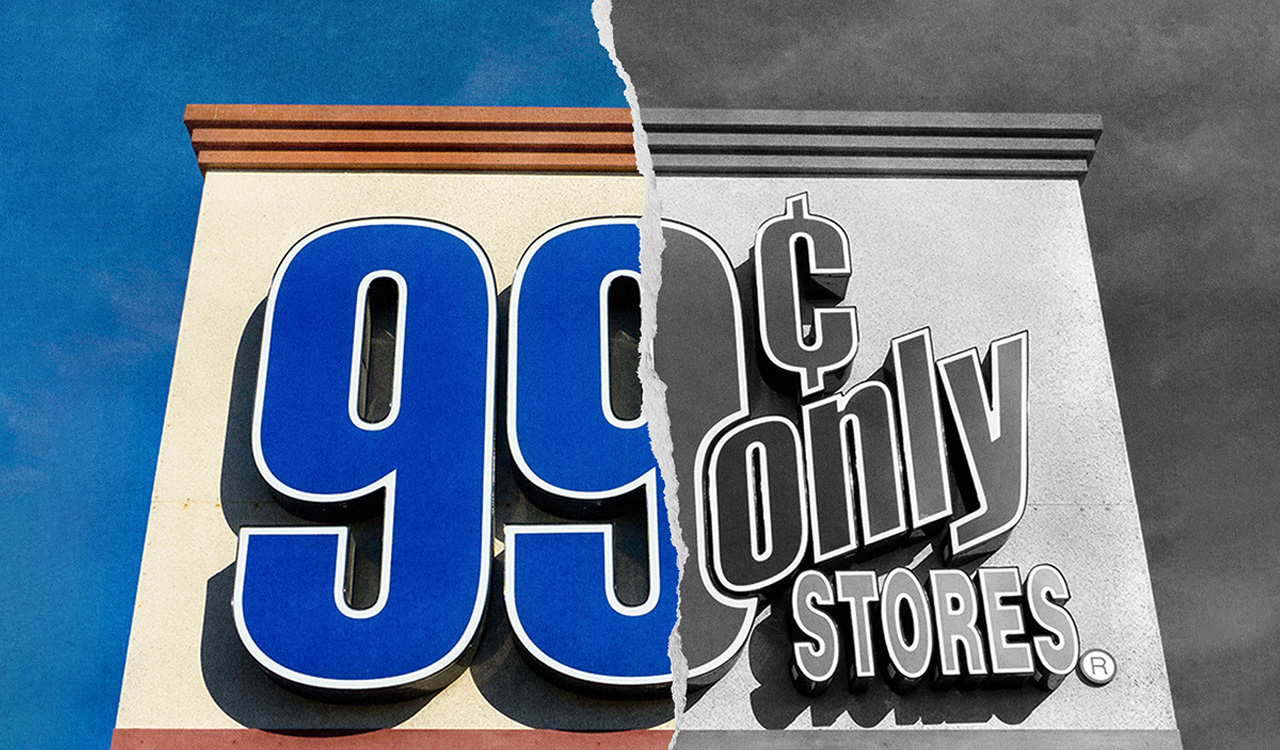When Walmart purchased Marc Lore’s Jet.com online business in 2016, it was supposed to be the start of an amazing new ecommerce strategy for the world’s largest retailer.
It hasn’t quite worked out that way.
This week Walmart announced it sold its Moosejaw outdoor business to Dick’s Sporting Goods, marking one more divestiture of Lore’s vision to onboard a group of niche higher end brands and make Walmart.com a true competitor to Amazon. Along with Moosejaw, Lore oversaw the acquisitions of Bonobos, ModCloth, the Shoes.com URL and several other boutique-type brands. Walmart also began operating Lore’s Jet.com online business, running it in tandem with Walmart’s own site.
Lore-less
Now, many of these brands are gone, blended into the bigger Walmart operation, or just deemphasized as to be almost invisible. These moves come as Walmart has largely abandoned Lore’s (and Lore himself) plan to drive the retailer’s online business with more upscale brands. Instead, under CEO Doug McMillon, it has used grocery as its lead to attract digital customers, also offering Amazon-like tactics including its Walmart+ membership club, one-day sales events and faster deliveries of basic goods. The strategy has been quite successful for Walmart and while it continues to trail Amazon by a significant margin, it is growing faster than its rival and expanded its online business significantly (although like most retailers it declined a bit this past year as consumers returned to in-store shopping).
These niche brands were a terrible fit for Walmart. Their upscale positioning was a serious disconnect for most Walmart shoppers and the size of all of these brands for a $500 billion company was essentially a rounding error in the bigger picture.
What was the problem? Essentially these niche brands were a terrible fit for Walmart. Their upscale positioning was a serious disconnect for most Walmart shoppers and the size of all of these brands for a $500 billion company was essentially a rounding error in the bigger picture. Like many big retailers, managing tiny units is more of a distraction than any path to expansion.
The Lore strategy began to be dismantled several years ago, most notably with the closing of Jet.com itself in 2020, four years after buying it for $3.3 billion. What still existed was folded into Walmart’s own online operation and if you go to Jet.com now, it immediately takes you to the Walmart site. Lore himself left the company in January 2021 and since then has been working on several startups, including a food delivery service called Wonder that prepares its meals in trucks en route to customers. It has had a limited rollout and just recently announced it was eliminating the mobile kitchens and moving to more traditional cooking facilities. Makes you wonder if Lore is a one-trick pony in the food delivery category.
Moosejawed
Moosejaw’s sale to Dick’s, for an undisclosed price, marks the latest Lore brand to go. Modcloth was sold in 2019 and both Bare Necessities and the Shoes.com name were also unloaded. Walmart retains Bonobos although its founder Andy Dunn left several years ago.
For Dick’s, it’s an unusual move as the sporting goods retailer has rarely done acquisitions. While most of Moosejaw’s business is online, and that is where Dick’s is expected to concentrate its efforts in connection with its Public Lands brand, the brand also operates about a dozen stores, primarily in the upper Midwest.
Walmart has long said that buying Jet and bringing in Lore helped it gain knowledge and expertise in the ecommerce field, though in hindsight, it ended up going in an entirely different direction than Lore was taking it.
And now the reversal of Lore’s dream of fortunes continues.




